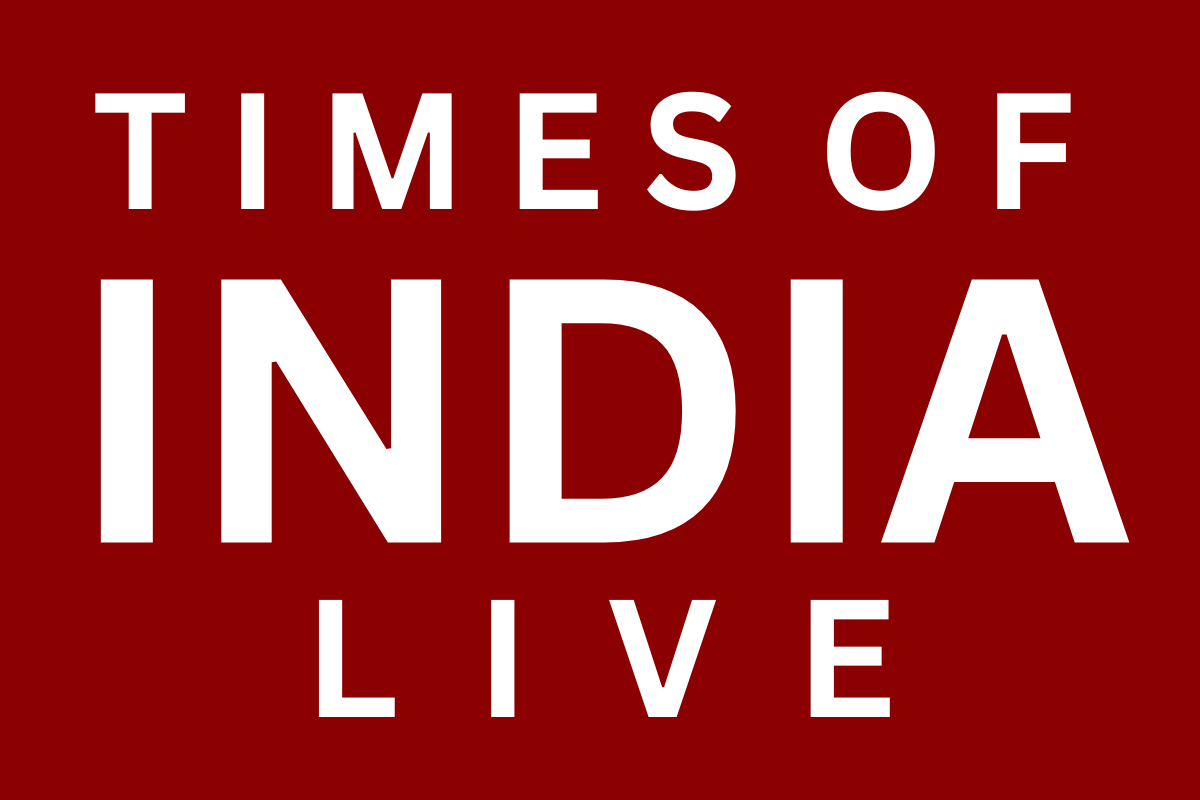A new report reveals that China is operating oil and gas vessels and fixed structures inside Taiwan’s exclusive economic zone (EEZ). This activity, which involved at least a dozen assets in July and August, is a classic example of China’s “greyzone” strategy—a method of expanding influence without triggering open conflict. One vessel was reportedly spotted just 50km from the restricted waters near the Taiwan-controlled Pratas Islands.
Analysts argue that these operations are a deliberate attempt to blur the lines between commerce and coercion. By repeatedly conducting these activities, China seeks to normalize its presence and shrink the space that Taipei can contest. This is a subtle but effective way to assert control and chip away at Taiwan’s maritime claims. The use of commercial vessels for this purpose creates ambiguity and makes it harder for Taiwan to respond.
Taiwan’s official reaction has been surprisingly muted, raising concerns among some observers who believe that silence risks normalizing the encroachment. The lack of a more forceful response is attributed to legal and capacity constraints that complicate Taiwan’s ability to push back effectively. Taiwan is in a difficult position, balancing the need to assert its sovereignty with the risk of a military confrontation.
The presence of massive wellhead platforms and jackets suggests a long-term commitment to these operations. This is not a fleeting presence but a more permanent one, designed to solidify China’s claims in the region. The scale and nature of the assets indicate a serious intent to exploit the resources in the area, regardless of Taiwan’s claims.
Experts warn that if left unchecked, these “greyzone” tactics could escalate tensions and set a dangerous precedent for future maritime disputes. The situation highlights the challenge of responding to non-military incursions that have strategic and geopolitical implications. The international community is facing a new kind of conflict that is not easily resolved with traditional tools.
China’s “Greyzone” Push for Oil in Taiwan’s EEZ
Date:
Picture Credit: www.commons.m.wikimedia.org
